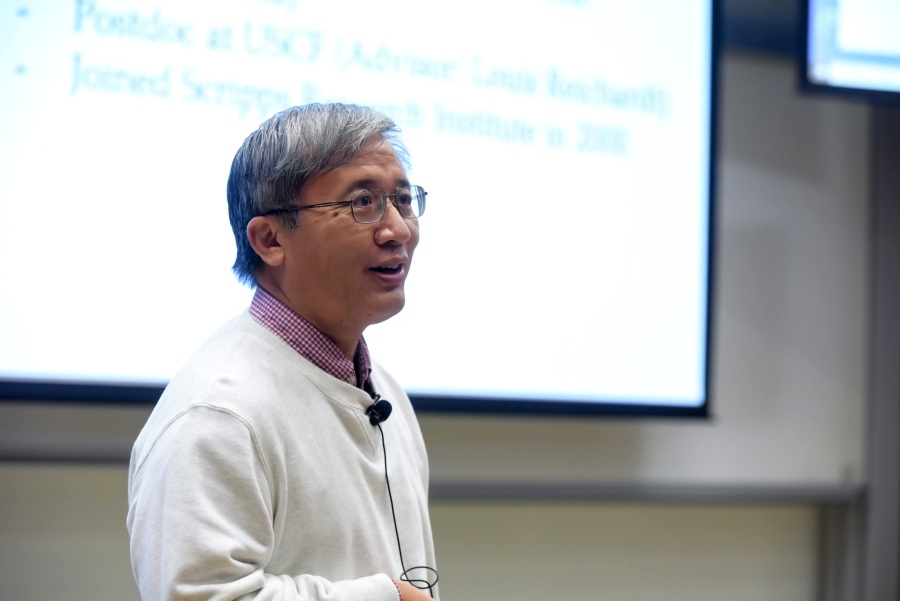Hot, Cool, and Touching Discoveries: Molecular Sensors of Temperature and Pressure- 2021 Nobel Prize in Physiology or Medicine
Abstract
Our ability to sense physical and chemical cues in the environment is essential for survival and underpins our interaction with people and our physical surroundings. Some of our senses, such as vision, smell, and taste, are understood in considerable detail, but other senses, such as those for detecting temperature and touch, had remained poorly elucidated until recently. Last month, David JULIUS from the University of California, San Francisco and Ardem PATAPOUTIAN from The Scripps Research Institute were awarded the 2021 Nobel Prize in Physiology or Medicine for their groundbreaking research to identify the molecular sensors on nerve cells that detect heat, cold, and mechanical stimuli. These molecular sensors—TRPV1, TRPM8, and Piezo proteins—convert temperature and mechanical stimuli into electrochemical signals in our nervous system. In this lecture, the speaker will talk about how these molecules were discovered, how they work, and how they are related to our health and disease.
About the speaker
Prof. HUANG Pingbo received his PhD in Physiology from the University of Cincinnati and did postdoctoral studies at the University of North Carolina at Chapel Hill, after graduating from Peking University. He subsequently moved to Hong Kong and joined the Hong Kong University Science and Technology (HKUST). He is now a Professor of Life Science at HKUST. His research interests focus on understanding the molecular mechanism of the mechanotransduction (conversion of sound, a mechanical vibration, into neuronal firing) in sensory hair cells in hearing and deafness, one of the key questions in sensory neurobiology that has puzzled researchers for more than 4 decades.






